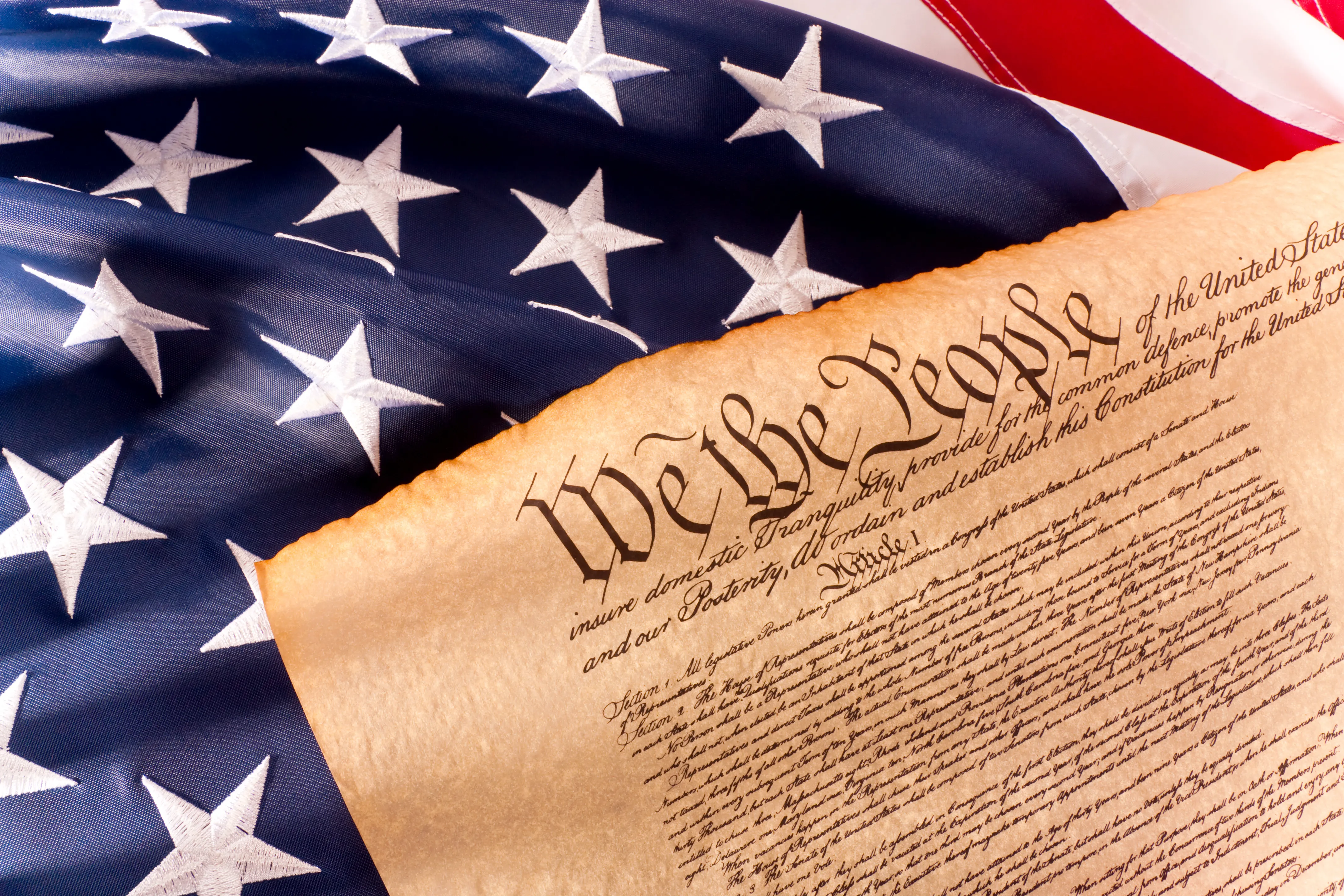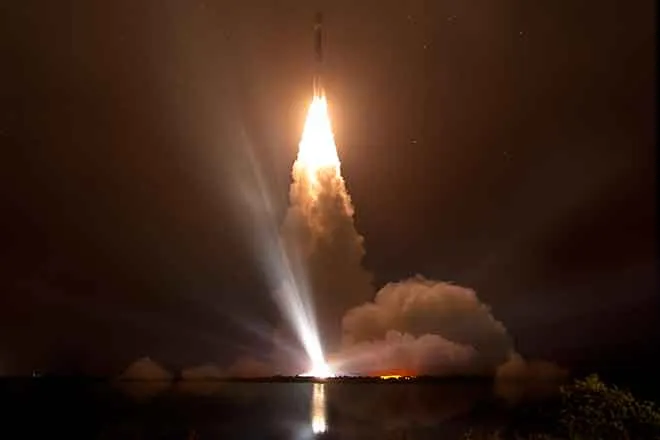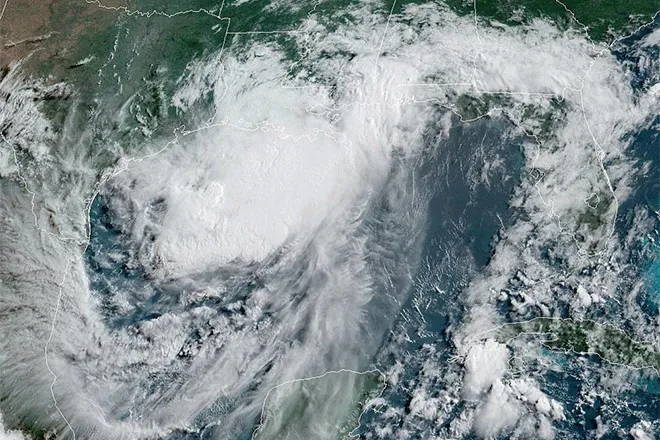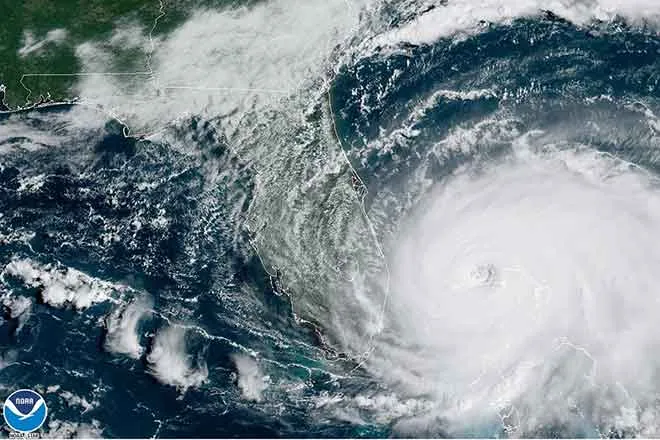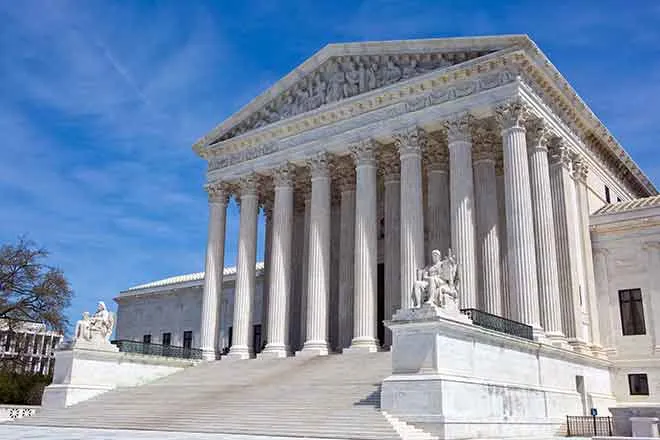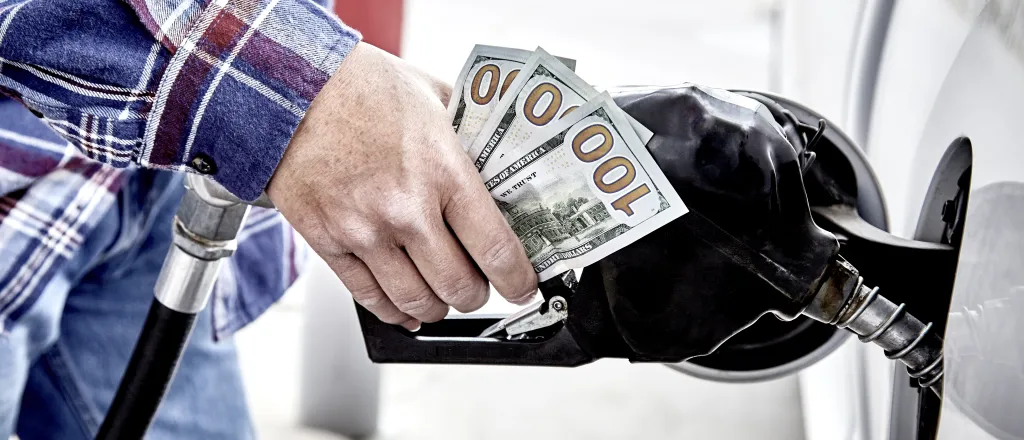
KC Fed predicts gas prices won't lower inflation in 2023
(The Center Square) – Gasoline prices contributed to the highest annual inflation rate in decades in 2022, but it probably won’t bring down inflation in 2023, according to research from the Kansas City Federal Reserve.
“…gasoline prices are unlikely to provide further relief to inflationary pressures going forward,” wrote Nida Çakır Melek, Francis M. Dillon and A. Lee Smith, economists with the Fed. “… gasoline prices will remain relatively stable through the end of 2023. Although the January 2022 projection underscores the unexpected turns that energy markets can take, if the January 2023 projection were to materialize, then gasoline prices would be around $3.40 per gallon by the end of 2023, not far from their December 2022 level. This relative stability in gasoline prices would also lead to stability in one-year-ahead inflation expectations in 2023.”
The price for a gallon of regular unleaded gasoline hit an all-time high of $5.01 on June 14, 2022, according to AAA. It contributed to the Consumer Price Index rising to 9.1 percent during the month, the highest rate of inflation in 40 years, according to the U.S. Bureau of Labor Statistics.
The economists wrote gasoline prices can influence inflation directly, through higher prices at the pump, and indirectly, by shaping consumers’ inflation expectations. The researchers reported the number of Google searches for “inflation” in August 2022 was the highest since tracking started 18 years ago.
“Consumers’ inflation expectations are a key determinant of actual inflation,” the report stated. “For example, higher inflation expectations can lead workers and businesses to demand higher wages and prices in anticipation of higher costs. Moreover, if households expect higher inflation in the future, they may choose to make big-ticket purchases such as household appliances today, thereby pulling forward future demand and driving up actual inflation.”
The economists said price changes of goods purchased most often is an important factor in shaping consumer expectations. Gasoline fits in this category.
“The effect that gasoline price changes have on inflation expectations, and hence inflation, can be amplified when inflation is already high and consumers are closely scrutinizing the prices they pay for everyday essentials,” the report said.
The national average for a gallon of unleaded on Wednesday was $3.41, according to AAA.
Here are the average prices for a gallon of unleaded according to AAA in states served by the Federal Reserve of Kansas City:
- Colorado: $4.06 with the lowest in Durango at $3.40;
- Kansas: $3.14 with the lowest in Wichita at $3.02;
- Missouri: $3.07 with the lowest in St. Joseph and Columbia at $3;
- Nebraska: $3.30 with the lowest in Omaha at $3.18;
- New Mexico: $3.30 with the lowest in Santa Fe at $3.15;
- Oklahoma: $3.12 with the lowest in Lawton at $2.92;
- Wyoming: $3.42 with the lowest in Casper at $3.20.
In addition to Colorado, six other western states - Washington, Oregon, California, Idaho, Nevada and Utah – had retail prices averaging $3.67 to $4.88 a gallon.

